
Slang words often sneak into our everyday conversations, many gaining fame from TV shows and movies. While some terms were created for the screen, others already existed but found new life through pop culture. Here’s a fun look at 15 popular ones and their surprising origins.
Paparazzi – From “La Dolce Vita”

Federico Fellini’s 1960 film “La Dolce Vita” introduced “paparazzi,” named after the character Paparazzo, a photographer who relentlessly pursued celebrities. The name, inspired by the buzzing of an insect, captured the annoying persistence of these photographers. The term quickly caught on.
Friend Zone – From “Friends”
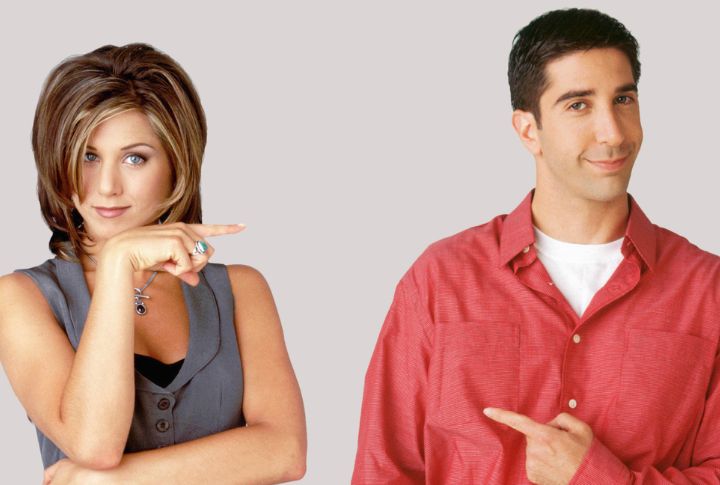
“Friends” brought the “friend zone” into mainstream vocabulary during the 1990s. Ross fell hopelessly in love with Rachel while stuck in the dreaded zone. Although the concept existed before, the iconic sitcom gave it a catchy name and made it a part of everyday conversations about unrequited love and platonic relationships.
Just Hay Fever – From “The Story of Tracy Beaker”

A memorable line from The Story of Tracy Beaker—”It’s just hay fever”—became a viral TikTok sound in April 2020. In the scene, Tracy downplays her tears, insisting they’re caused by hay fever. The social media users promptly adopted the phrase and paired it with a crying filter to humorously portray moments of suppression.
To Google – From “Buffy the Vampire Slayer”
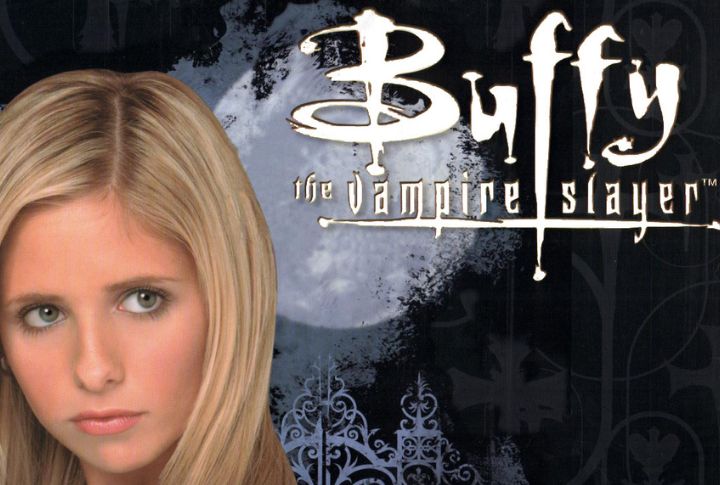
Willow mentioned “Googling” in a 2002 episode of Buffy the Vampire Slayer, and it quickly became a popular term for online searching. The term was used casually in a conversation with Buffy, but it soon entered mainstream vocabulary and was officially recognized as a verb by major dictionaries.
Five-O – From “Hawaii Five-O”

Originating from the 1968 TV show Hawaii Five-O, the term “Five-O” became a widely recognized slang term for police officers. This show’s title referenced Hawaii as the 50th state and was first published in the New York Times in 1983. It’s a standard way to refer to law enforcement, particularly in urban slang.
Fetch – From “Mean Girls”
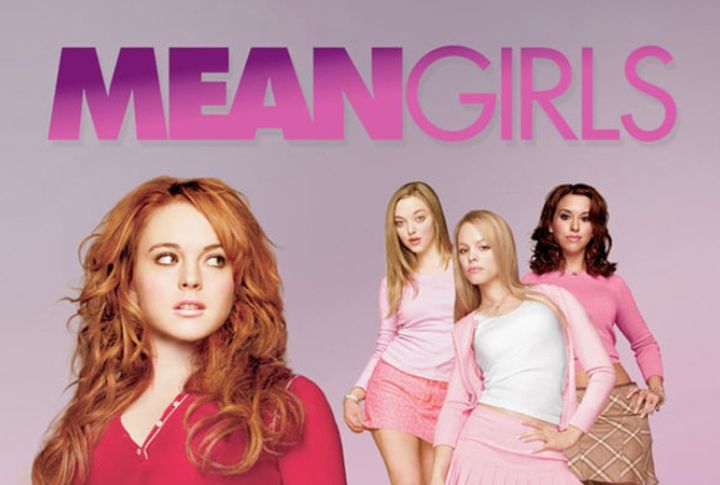
In “Mean Girls,” Gretchen Wieners famously tried to make “fetch” a thing, aiming for it to mean something cool or trendy. Although it didn’t catch on in the movie, the term took on a life of its own. Fans use it ironically and keep the spirit of the high school comedy alive in everyday slang.
Cowabunga – From The Howdy Doody Show and Popularized by Teenage Mutant Ninja Turtles
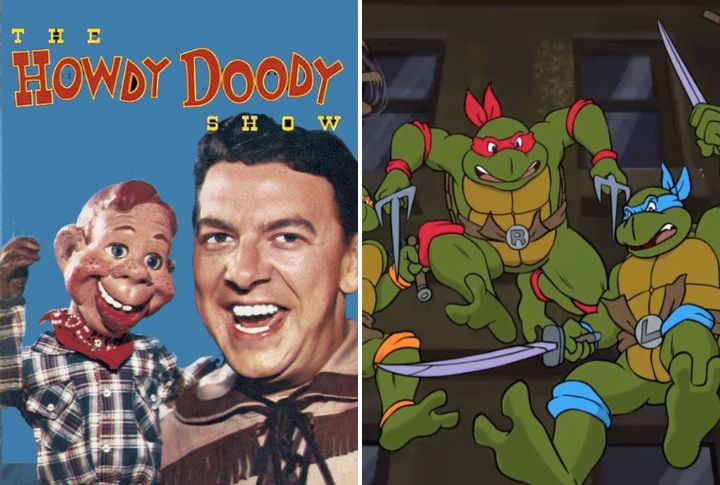
Originally “Kowabonga!” on The Howdy Doody Show in the 1950s, “Cowabunga” became iconic in the 1980s through Teenage Mutant Ninja Turtles. Michelangelo’s enthusiastic use of the term as an exclamation of excitement turned it into a cultural catchphrase, perfectly capturing the turtles’ laid-back, fun-loving vibe.
Mind Meld – From “Star Trek”
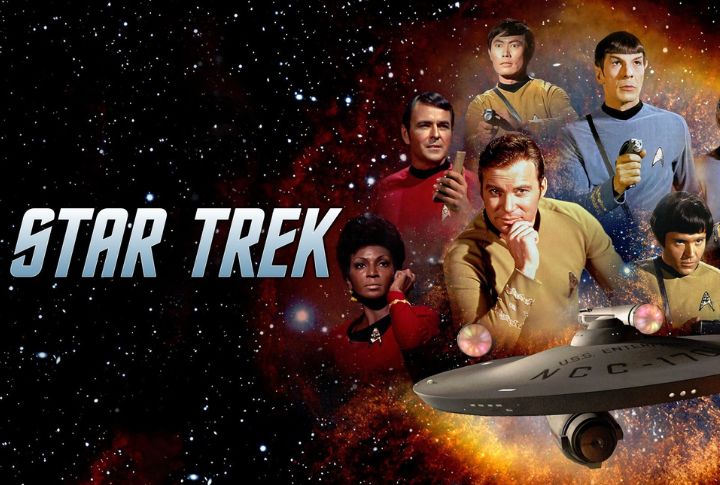
Introduced in the 1966 Star Trek episode “Dagger of the Mind,” the Vulcan mind meld is a telepathic technique where Vulcans share thoughts and memories with others. Originally a unique sci-fi concept, “mind meld” is now slang for deeply understanding or connecting with someone on an intellectual or emotional level.
Gaslighting – From “Gas Light”
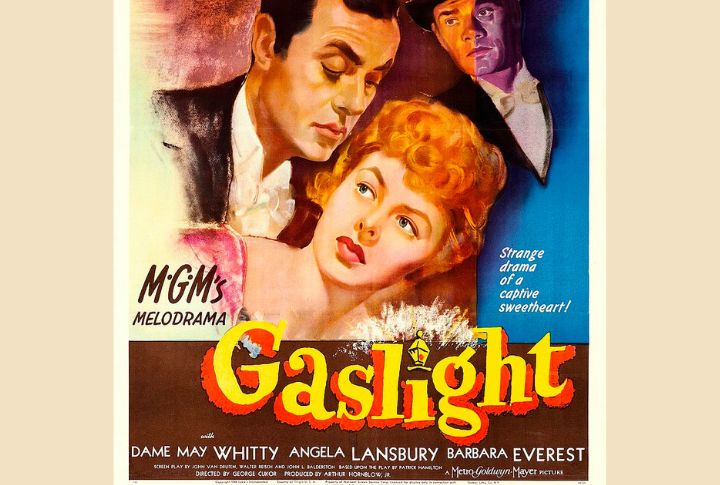
As influenced by the 1944 film “Gas Light,” the “gaslighting” involved a husband’s calculated efforts to make his wife doubt her sanity. This led her to believe she was imagining things like the gaslights dimming. Ingrid Bergman plays the wife, who is slowly driven to doubt her sanity.
Spam – From “Monty Python’s Flying Circus”
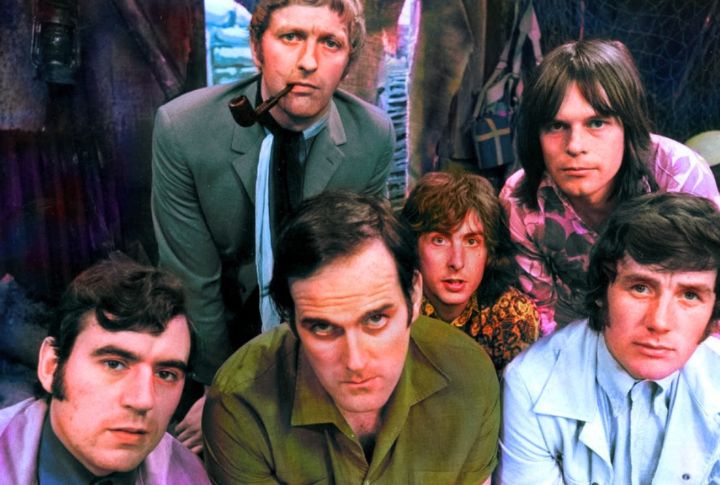
A 1970 sketch of “Monty Python’s Flying Circus” gave rise to the term “spam” for unwanted digital messages. In the sketch, a café serves every dish with Spam meat, much to the customer’s dismay. This relentless repetition became a perfect metaphor for the overwhelming flood of unsolicited emails.
You’re Toast – From “Ghostbusters”
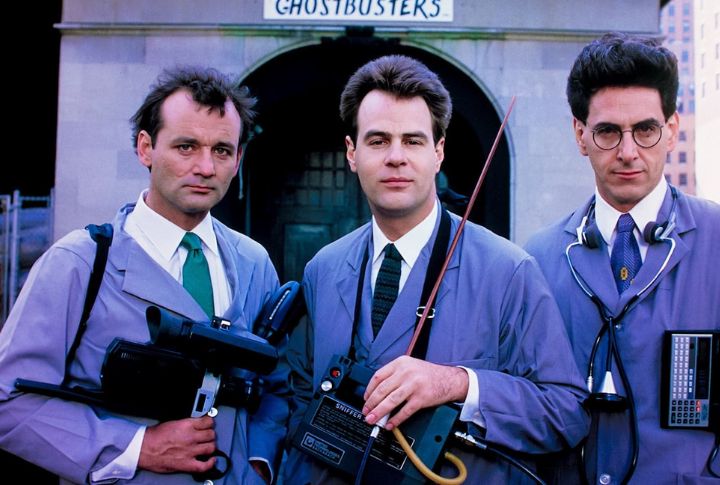
In Ghostbusters (1984), Bill Murray’s character, Peter Venkman, famously says, “All right, this chick is toast!” This line helped popularize “toast” as slang for being in severe trouble or doomed. Even though “You’re toast” wasn’t the exact phrase, the scene anchored its place in pop culture.
Bucket List – From “The Bucket List”
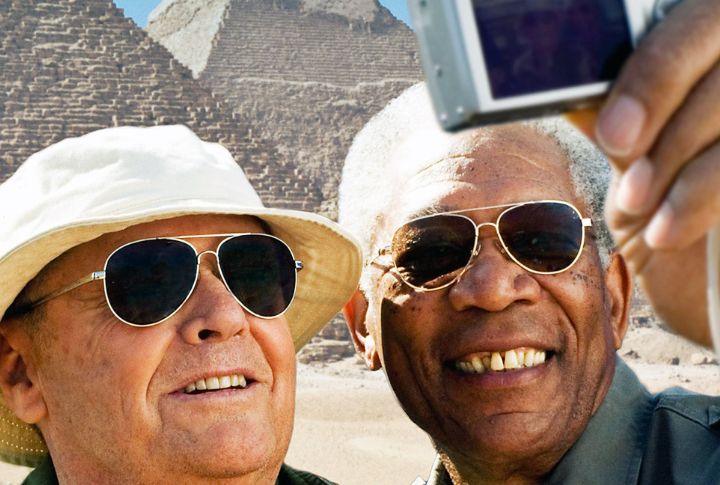
The phrase “bucket list” gained widespread popularity thanks to the 2007 movie “The Bucket List,” starring Jack Nicholson and Morgan Freeman. A bucket list describes a collection of goals or experiences someone hopes to achieve before they pass away. While the idea had been around previously, the movie made it very popular.
D’oh – From “The Simpsons”
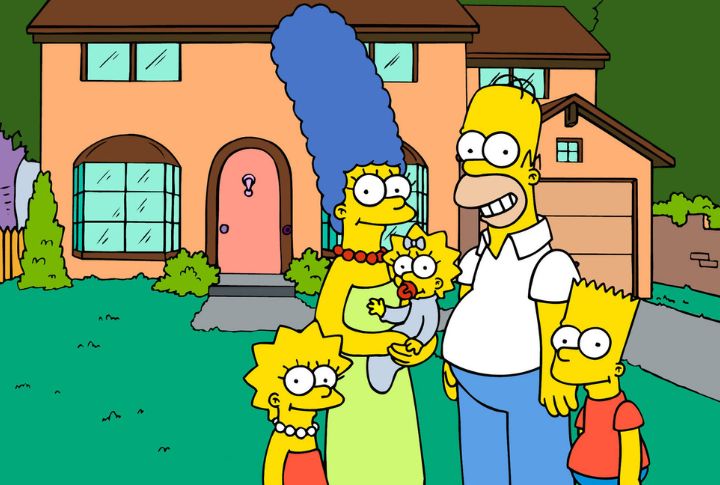
Made famous by The Simpsons, “D’oh!” has become an iconic expression of frustration. Voice actor Dan Castellaneta improvised the sound to resemble a noise made by James Finlayson in old Laurel and Hardy films. Initially scripted as an “annoyed grunt,” it became so prominent that it was added to the Oxford English Dictionary in 2001.
Jumping the Shark – From “Happy Days”
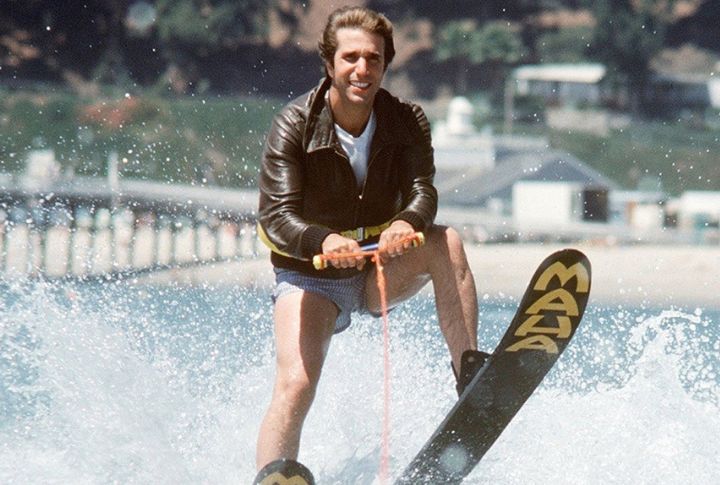
Inspired by a 1977 “Happy Days” episode where Fonzie jumps over a shark, “jumping the shark” became slang for when a TV show starts declining in quality. The term was coined in 1985 by Jon Hein and his college buddies, who identified the moment as a sign that the show had lost its way.
Catfish – From the Documentary “Catfish”
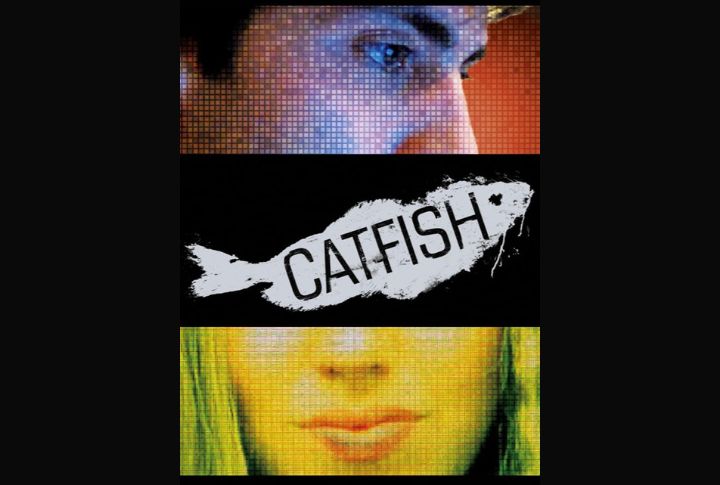
Originating from the 2010 documentary “Catfish,” the term “catfish” describes an individual who creates a fake online identity to deceive others, especially in romantic situations. Nev Schulman’s experience in the film brought the term into widespread use. MTV’s “Catfish: The TV Show” further secured it as part of modern digital slang.

